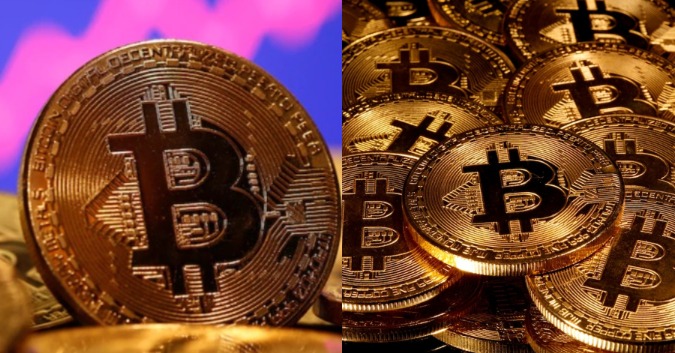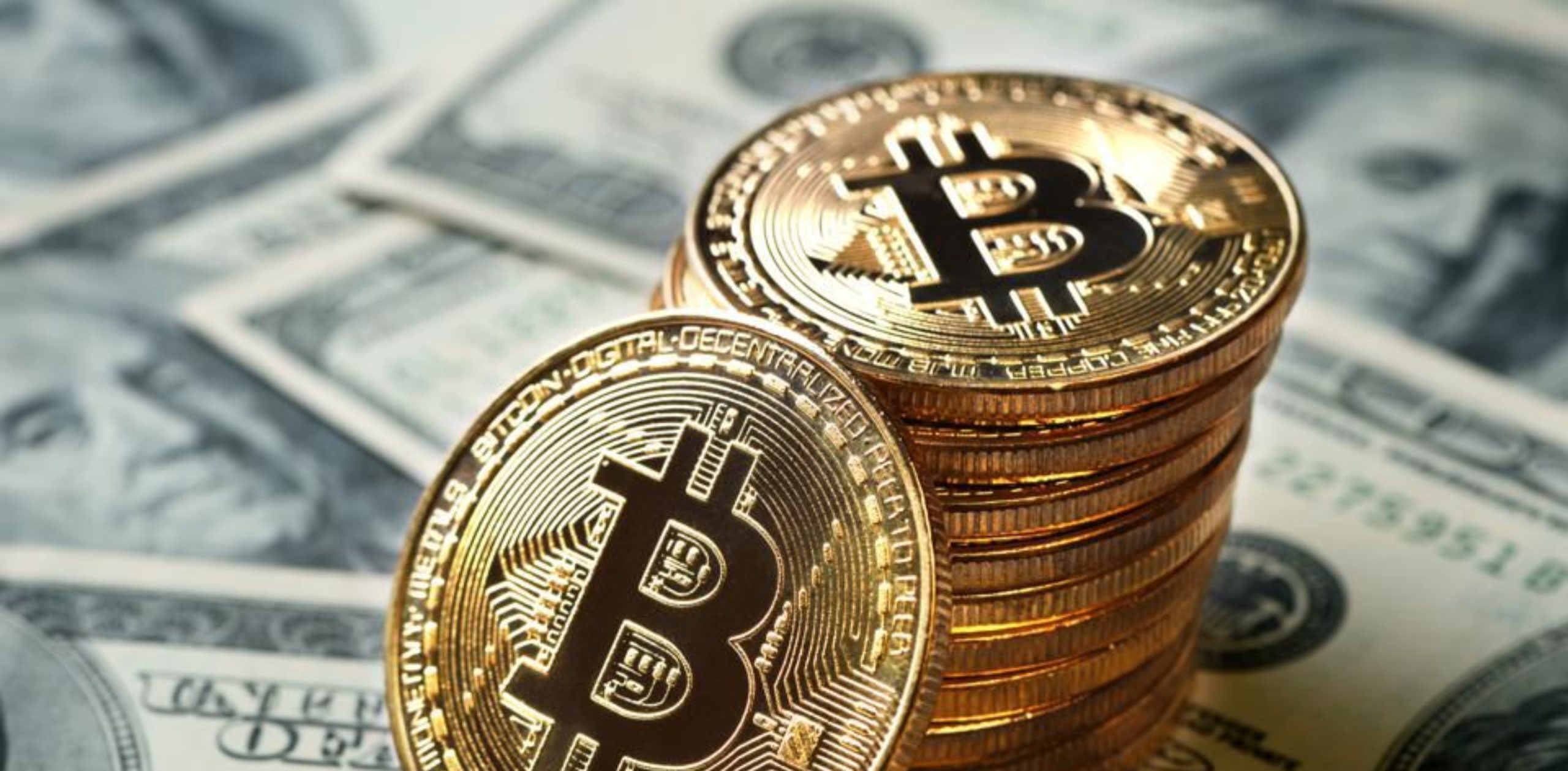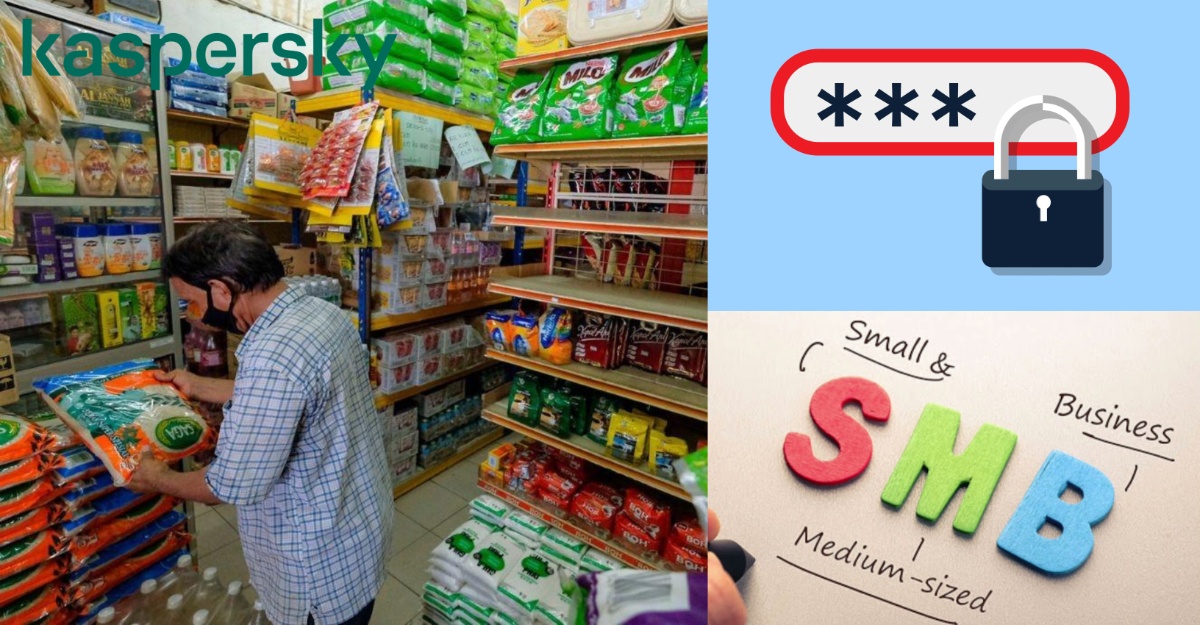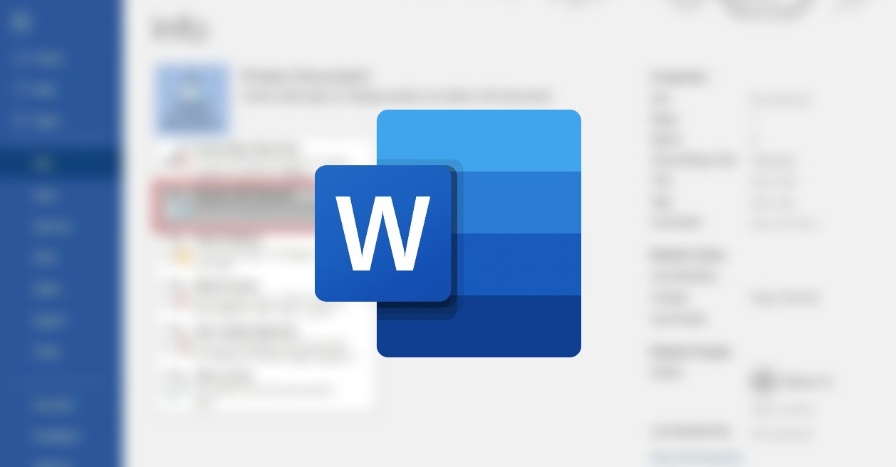A German-born programmer living in San Francisco, Stefan Thomas, has two guesses left to work out a password worth around $220 million as of this week.
The password will allow him to unlock a small hard drive, known as an IronKey, that contains a digital wallet containing 7,002 Bitcoin private keys. Although on Monday, the price of Bitcoin fell sharply, it is still more than 50 percent higher than just a month ago, when it passed its previous all-time high of around $20,000.
The issue is that, years ago, Mr. Thomas misplaced the paper where he wrote down the IronKey password, which gives users 10 guesses before it seizes up and forever encrypts its contents. Since then, to no avail, he has tested eight of his most widely used password formulations.
“I would just lay in bed and think about it,” Mr. Thomas said. “Then I would go to the computer with some new strategy, and it wouldn’t work, and I would be desperate again.”
In a short period of time, Bitcoin, which was on an unprecedented and unpredictable eight-month run, has made many of its investors very wealthy, even as the coronavirus pandemic has destroyed the world economy.
But the peculiar nature of the blockchain has also meant that, as a result of lost or forgotten keys, many people are locked out of their Bitcoin fortunes. As the price has risen and dropped sharply, they have been forced to wait, powerless, unable to cash in on their digital resources.
“Through the years I would say I have spent hundreds of hours trying to get back into these wallets,” said Brad Yasar, an entrepreneur in Los Angeles who has a few desktop computers that contain thousands of Bitcoin he created, or mined, during the early days of the technology.
Although those Bitcoins are worth hundreds of millions of dollars now, several years ago he lost his passwords and, out of reach, placed the hard drives containing them in vacuum-sealed bags.
“I don’t want to be reminded every day that what I have now is a fraction of what I could have that I lost,” he said.
Traditional bank accounts and online wallets may provide users with passwords to their accounts or reset lost passwords by banks such as Wells Fargo and other financial companies such as PayPal.
But there is no company with Bitcoin to provide or store passwords. The founder of the virtual currency, a mysterious figure known as Satoshi Nakamoto, said the core concept of Bitcoin was to allow anybody in the world to open a digital bank account and keep money in a way that could not be stopped or regulated by any government.
This is made possible by the Bitcoin structure, which is controlled by a computer network that has decided to obey software comprising all the cryptocurrency laws. The program involves a complicated algorithm that allows an address to be created and an associated private key that is only known to the person who created the wallet.
The program also enables the Bitcoin network, without seeing or recognizing the password itself, to validate the correctness of the password to permit transactions. In short, without having to register with a financial institution or go through some form of identity verification, the system makes it possible for everyone to create a Bitcoin wallet.
That has made Bitcoin popular with criminals who, without disclosing their identity, can use the money. In countries such as China and Venezuela, where authoritarian regimes are popular for raiding or closing down conventional bank accounts, it has also attracted people.
But this system’s framework did not account for just how poor people can be at remembering and protecting their passwords.
Source: 9News, The New York Times









Leave a Comment